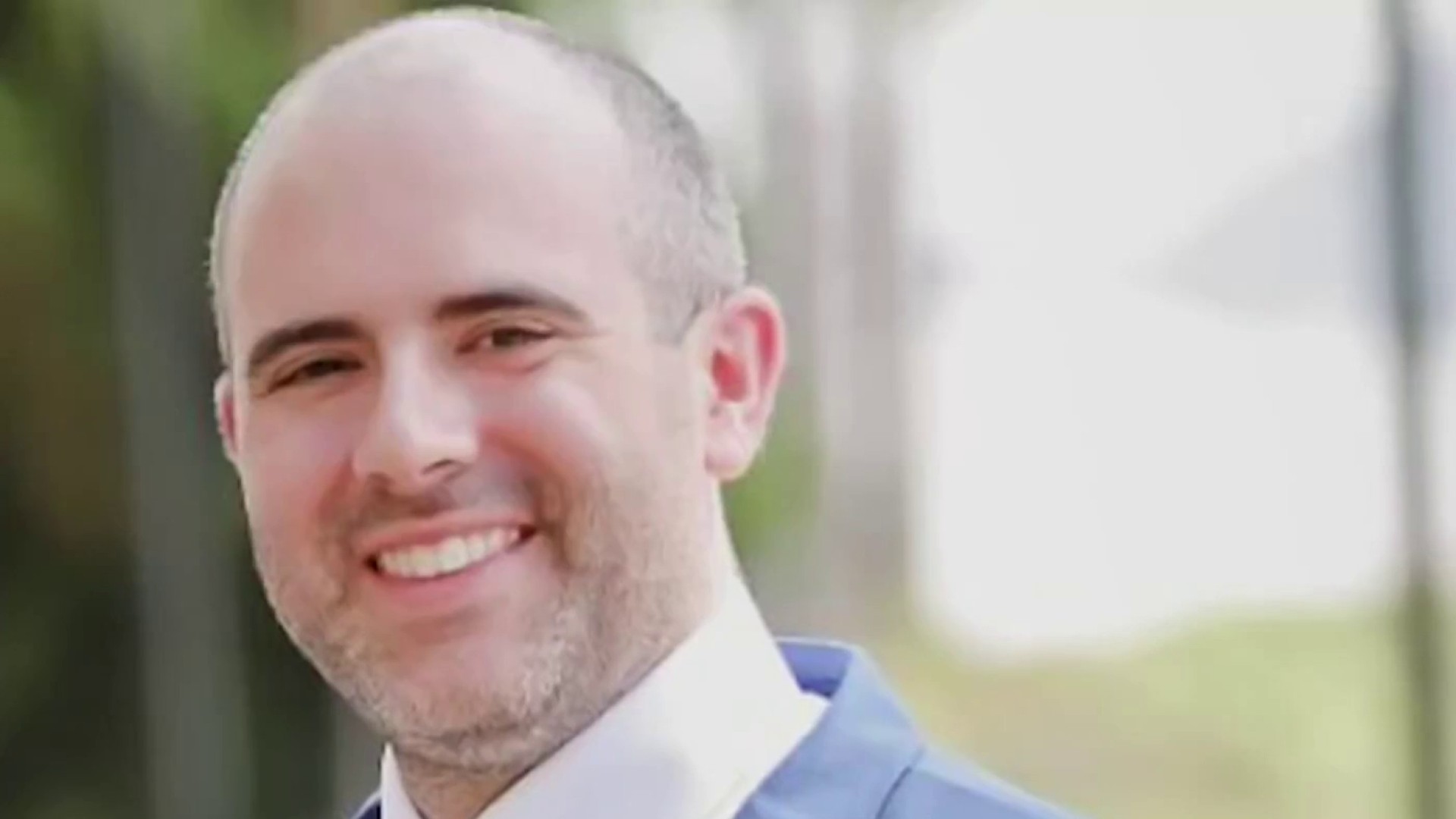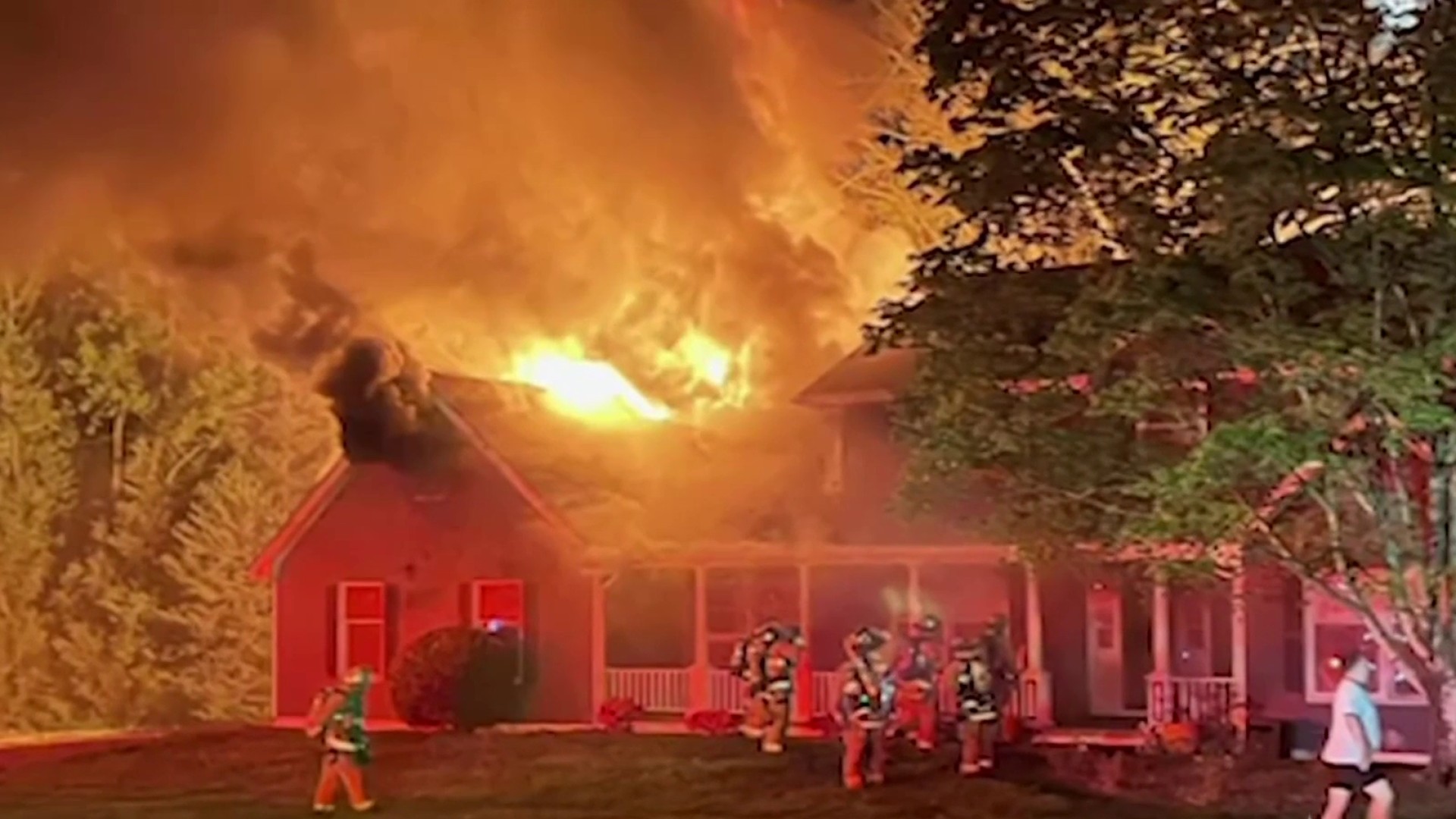In a D.C. drug testing lab, every cup contains a hidden story, a tale about someone who just went to jail or recently got out on probation or parole in Washington, D.C.
As the director of Pretrial Agency for the District of Columbia, Cliff Keenan explained, "Everybody who comes through lockup at Superior Court and the District Court, we ask them if they want to give a urine specimen so we can inform the judge of the drug test results. We get good cooperation, about 75 percent to 80 percent of the arrestees."
Keenan said this is the first time he's allowed a television camera inside his lab because he's made a major decision he hopes will dramatically change drug use in the city.
For decades, Pretrial Services used standard pre-screening machines to look for marijuana, cocaine, PCP, amphetamines and opiates like heroin.
They don't just test people who've been arrested. They also do all the drug testing in the District for anyone on supervised release, probation or parole and some juvenile cases. Keenan estimates they process about 8,900 people, and 143,000 tests, per month.
Kendra Anderson, one of the forensic chemists there, demonstrated how she does a "confirmation test" for each of the samples that came up positive during the pre-screen.
Local
Washington, D.C., Maryland and Virginia local news, events and information
"The pre-screen will say, for example, you were on opiates," she explained. "The confirmation will say the opiate you were on was codeine."
Until now, she's relied on GC-MS machines -- short for gas chromatography mass spectrometry -- to tell her how much of a drug was in someone's system. There';s one machine for each of the six types of drugs for which they test.
But they knew their tests did not cover synthetic drugs, so they allowed Dr. Eric Wish at the University of Maryland's Center for Substance Abuse Research to analyze their leftover samples to see what they might be missing.
"Among young men in the District, as much as 50 percent who pass limited drug tests test positive for synthetic cannabinoids," Dr. Wish told the I-Team. "It's just so amazing."
Dr. Wish says it quickly became apparent why the number was so high. "If people are aware they are going to be contributing as part of a drug testing program, they're smart. They know what drugs are being tested for. They know marijuana is being tested but not the synthetic cannabinoids, so they switch and only use the synthetic cannabinoids during the period they're being tested."
That research prompted Keenan at Pretrial Services to test a small sample of violent offenders in July, which revealed 20 percent were on synthetic drugs when they were taken into custody.
But these new tests are expensive.
Testing for the traditional drugs costs $1.60, but a private lab charges about $25 a sample to test for synthetics, Keenan said.
That's why he just bought a new machine called an LC-MS, short for liquid chromatography-mass spectrometry.
"It's very expensive," Keenan told the I-Team. "Not a little expensive. Very expensive."
He explained the LC-MS can test for any combination of drugs, including synthetics, for about $3.50 a sample.
Keenan said in his mind, the money is worth it because they will be the first agency of their kind in the nation to test for synthetic drugs.
"People who are using some of the street drugs like Bizarro or Scooby Snax and K-2, who thought we weren't able to detect those, and we will be reporting back to the court or the supervising officer that this person was using the drug," Keenan said.
He hopes as the word spreads about their new testing abilities, the samples coming through their lab will start to tell a new story about people no longer using synthetics to cheat the system.
Pretrial Service Agency July Stats on Synthetic Drugs (Text)



